RAWALPINDI: Four union councils of the garrison city have stopped screening citizens for hepatitis B and C for want of kits with the Punjab’s health facilities.
The screening of citizens was launched by Local Hepatitis Elimination and Prevention (LHEAP) programme launched in Rawalpindi district by District Health Authority in collaboration with Coalition for Global Hepatitis Elimination.
The aim of this programme is to create awareness among the public about this deadly virus as well as find the volume which is to be investigated aimed at preventing it as well as to developing the best course of action to contain its spread in the future.
LHEAP programme has been started in the four union councils of Rawalpindi in collaboration with the American organisation Task Force for Global Health, under which hepatitis tests are being conducted at citizen’s doorsteps, vaccination is also administered and patients are treated free of cost.
According to an estimate, the programme has to cover more than 150,000 population of four union councils of Rawalpindi including Khyaban-i-Sir Syed, Satellite Town and Saidpur Road as it were declared high risk union councils.
It was planned to expand the jurisdiction of this programme to the entire district of Rawalpindi.
However, a senior official of district administration told Dawn that the screening of hepatitis was stopped for a week due to unavailability of the kits for hepatitis laboratory examination and for rapid tests.
He said there was also shortage of medicines for treatment of hepatitis C which created problem for the patients. He said that at present, the teams were vaccinated the patients who were missing in last two months.
He said that the provincial department of primary and secondary healthcare informed that it would get kits after Oct 20 and then it will supply to Tehsil Headquarters Hospitals in the province and for hepatitis free programme in the garrison city.
Meanwhile, the district health authority has detected 614 patients of Hepatitis-C and 143 patients of hepatitis-C including seven pregnant women in the last two months of hepatitis screening programme in the garrison city.
When contacted, Head of Loca Hepatitis Elimination and Prevention Programme (LHEAP) Dr Anser Ishaq confirmed to Dawn that the screening of hepatitis in four union councils had been stopped due to unavailability of kits.
He expressed the hope that the kits would be available in a week or two and till date, we started vaccination of the people who were missed in last two months for hepatitis-B. He said that the screening will start soon.
He said that at present, as many as 757 patients of hepatitis-B and C among 32,547 population while 14,982 patients were vaccinated while 10,116 people vaccinated against Hepatitis-B 1stdose and 4866 people got second dose till date.
He said that under the programme, the medication will be provided free of cost till the patient get healthy. He said that treatment of seven patients of Hepatitis-B and 138 patients of Hepatitis-C started. He said that the treatment started after the laboratory examination of liver function of these patients.
Published in Dawn, October 15th, 2023



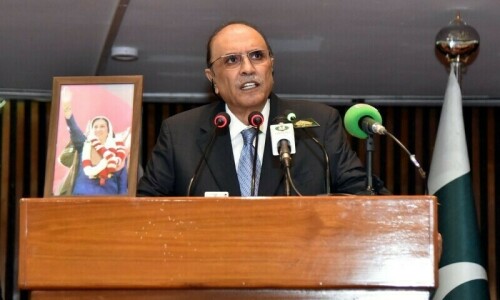















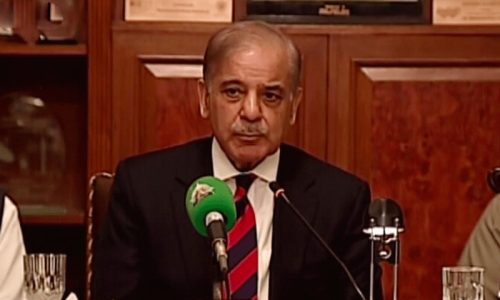
















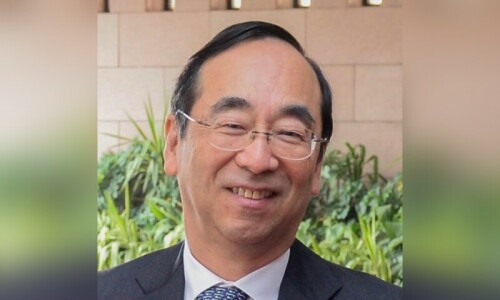
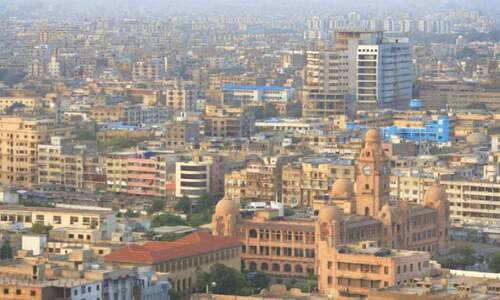
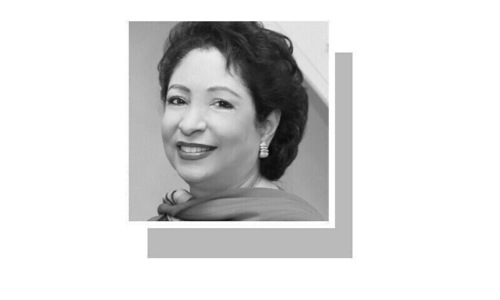


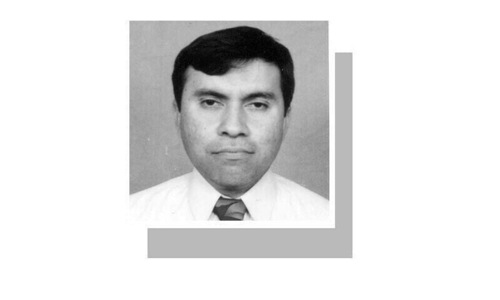
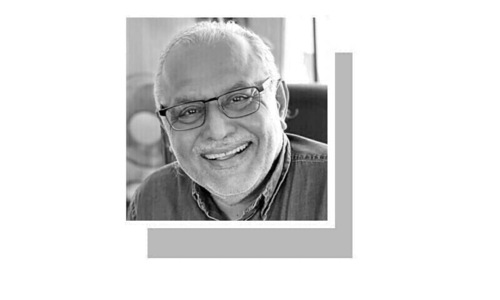



Dear visitor, the comments section is undergoing an overhaul and will return soon.